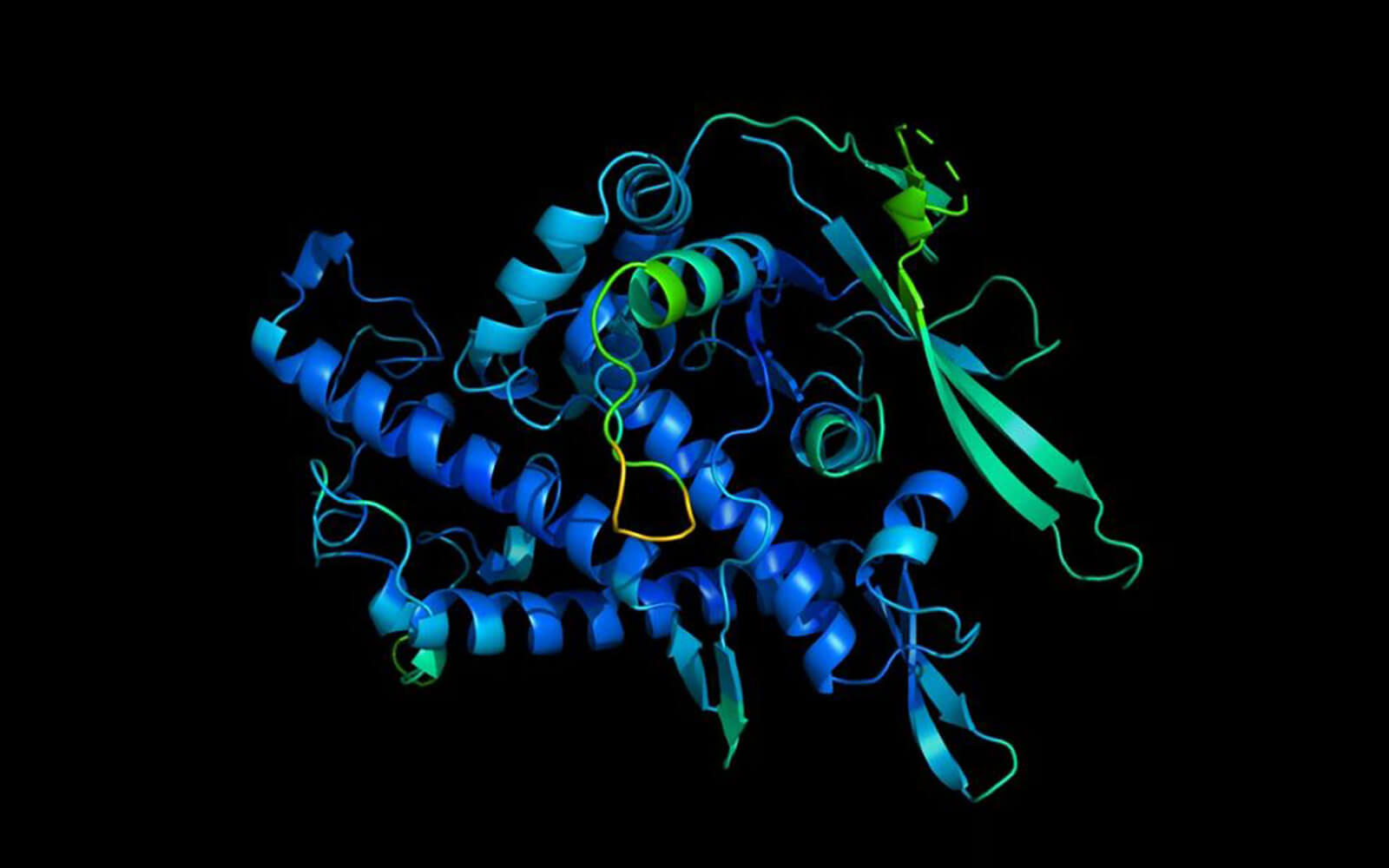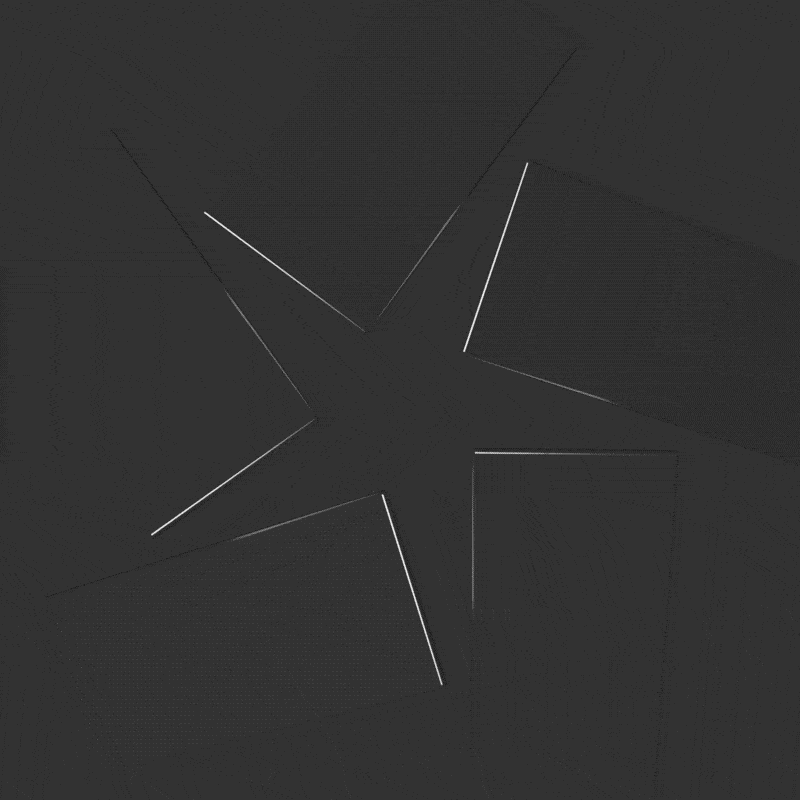1,577 days, 2,409 entries ...
Newsticker, link list, time machine: HOLO.mg/stream logs emerging trajectories in art, science, technology, and culture––every day
“Mitigating the risk of extinction from AI should be a global priority alongside other societal-scale risks, such as pandemics and nuclear war.”
“What just drives me up the wall is that we appear to have decided the way AI is going to work is through a competitive dynamic between Google, Microsoft, and Meta.”
“The AI discovered a mechanism that redressed initial wealth imbalance, sanctioned free riders, and successfully won the majority vote.”
Google AI offshoot DeepMind announces a major breakthrough in solving the “protein folding problem”—determining a protein’s 3D shape from its amino-acid sequence. Considered one of biology’s grand challenges due to myriad possible configurations, DeepMind’s AI system AlphaFold has demonstrated it can predict protein structures with high accuracy, vastly outperforming other more laborious, costly techniques. “It’s a game-changer,” says Andrei Lupas, an evolutionary biologist at the Max Planck Institute in Tübingen, Germany. “This will change medicine. It will change research. It will change bioengineering. It will change everything.”

Daily discoveries at the nexus of art, science, technology, and culture: Get full access by becoming a HOLO Reader!
- Perspective: research, long-form analysis, and critical commentary
- Encounters: in-depth artist profiles and studio visits of pioneers and key innovators
- Stream: a timeline and news archive with 1,200+ entries and counting
- Edition: HOLO’s annual collector’s edition that captures the calendar year in print
